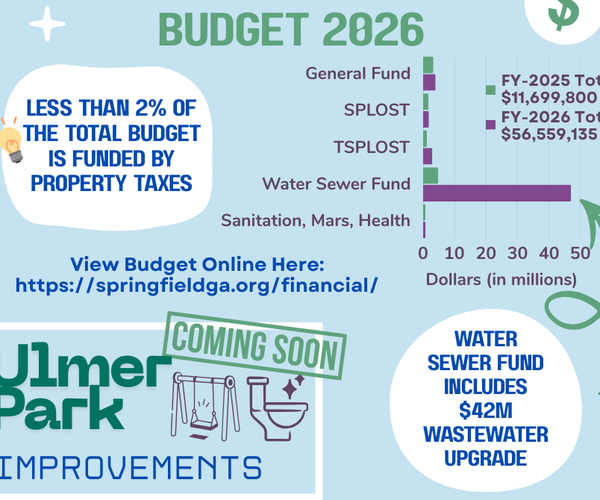Georgia is receiving an additional $30 million in Recovery Act funds for direct home loans through USDA Rural Development, when pooled funds from all states are redistributed from Washington, D.C. These loans are for qualifying families considered to have low and very low incomes to purchase or build a home in a rural area.
“These amounts are greater than the funds we had remaining,” said Ed Peace, director of single family housing for USDA Rural Development in
Georgia. “This is a wonderful opportunity for rural families who want to become homeowners. These funds will disappear after Sept. 30, so we encourage those interested to call us immediately.”
So far, Georgia has helped 288 rural families through the direct home loan program, obligating over $31.7 million to help families achieve the dream of homeownership. The Recovery Act has funded 220 home loans for almost $25.8 million.
“The time has never been better for rural Georgia families to consider buying a home,” said Shirley Sherrod, state director. “These funds can be used to purchase an existing home or to build a new one.”
USDA Rural Development’s direct loan program has many positive features including 100 percent financing and low-interest rates. House payments are based on household income. The program also has built in provisions, for example, so that down the line, if someone loses their job, mortgage payments can be deferred and rolled into the end of the loan. This provision is only available to Rural Development borrowers after the loan has closed and isn’t available to families that have homes from other lenders.
To qualify, Georgians must have low or very low dependable income, have good credit and debt level to show repayment of the loan. The houses must be in eligible rural areas, generally with population less than 20,000.
The low and very low designation is based on Median Household Income for each county, as well as how many people are living in the house. To check income levels for a specific county or the house address, visit: http://eligibility.sc.egov.usda.gov/eligibility/welcomeAction.do. Use the panel on the left to navigate.
For more information, visit http://www.rurdev.usda.gov/ga. Rural Development has offices around the state to assist with the application process.





